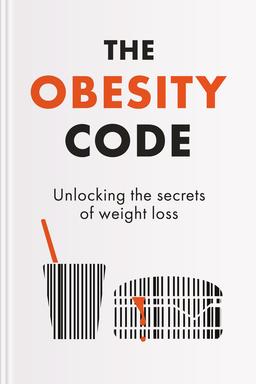You’ll learn
- Insulin's role in obesity
- Effects of maternal health on babies
- The fallacy of calorie-focused diets
- Real causes of obesity
- Effective weight control strategies
Protect the world’s peace. Donate to support Ukraine

first KEY POINT
The number of overweight children increased dramatically from 1977 to 2000 across all age groups. The percentage rose from 7% to 15.3% among kids aged 6 to 11 and from 5% to 15.5% from 12 to 19 years. Diseases related to obesity, such as type 2 diabetes and high blood pressure, which were once uncommon in children, are now increasingly prevalent. It is no longer just a problem for adults but also a big concern for children's health.
Being overweight as a child leads to adult obesity and many future health problems, especially related to the heart. The issue increases mortality rates in childhood, but crucially, we can control it. Children who were obese but reached an average weight in adulthood face the same mortality risks as those who never had this problem.But why does this disease occur at all? Usually, the reason is an energy imbalance caused by eating too much or not being active enough. However, six-month-old babies eat only on demand and typically breastfeed, so it's wrong to say they overeat. Since they can't walk, assuming they don't exercise enough is also incorrect.Moreover, the average birth weight has risen by approximately 200 grams, or half a pound, in the past twenty-five years.So, what's happening here? The answer is insulin. The solution becomes clearer when we grasp the concept of the Hormonal Obesity Theory. In this summary, you'll learn about the causes of being overweight and its dangers.So, let's dig deeper to understand the problem of excess weight and discover how to fight it!
second KEY POINT
Why do newborns have elevated insulin levels? They get it from their mother. Dr. David Ludwig, an American physician from Boston, recently examined the relationship between women’s weight and their children. Increased maternal weight positively correlates with raised neonatal weight gain. Since the pregnant woman and fetus have a shared blood supply, hormonal imbalances, including elevated insulin levels, pass directly from the mother to the baby via the placenta.

Continue reading with Headway app
Continue readingfirst KEY POINT
second KEY POINT
third KEY POINT
fourth KEY POINT
fifth KEY POINT